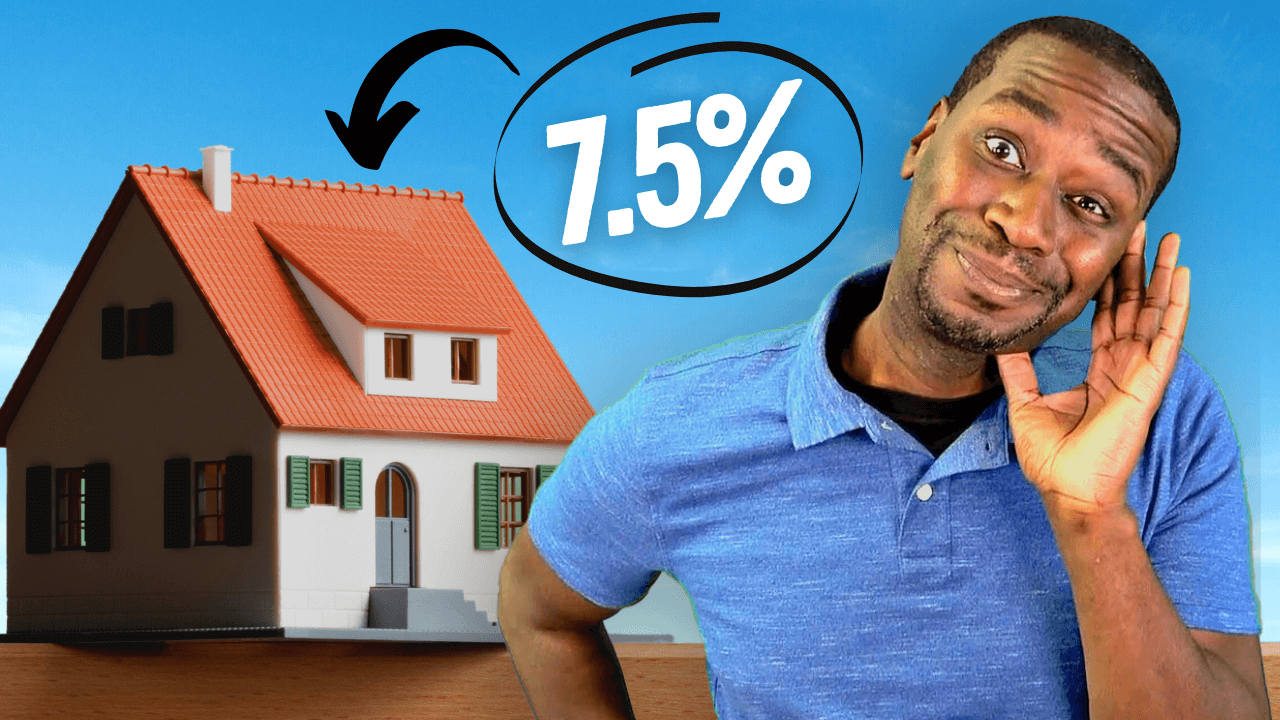High Interest Rates Are GOOD?
As we watch the Fed talk about monetary policy and raising the interest rates, we have two very different ideologies that come into play: hawkish vs. dovish.
We covered the dovish philosophy in a previous post, which you can check out here.
A hawk refers to a financial advisor or policy maker who believes that monetary policy should maintain high interest rates to curb inflation.
How could the rising interest rates affect you? Let's find out.
So... How Are They Good?
When we hear "rising interest rates" we wonder how this a good thing... how would high interest rates help curb inflation?
The more money it costs to borrow something, the less attractive that thing will be to a borrower or purchaser. There are some purchases the majority of people won't pay cash for and would choose to finance, such as a car or house.
When interest rates are lower, the more car you can afford. Same with houses. If you have a set monthly payment in mind, you may be able to afford a bigger or more expensive house due to lower interest rates.
However, with higher interest rates, that same house or car payment could double. This changes the initial game plan. Maybe you have to consider waiting to purchase the house or save up for a larger down payment.
The higher interest rates will slow economic growth, but in the Fed's eyes, this is a good thing. They want to slow it down. This will help bring in price stability - so people stop overpaying for houses or vehicles.
Do You Have A Hawkish Or Dovish mindset?
The hawkish financial mindset can help some people by not making financially irresponsible choices. Overpaying for a house or a car is not a good decision to make when interest rates are high.
Hawks want to balance supply and monetary policy.
Now that you know the difference between hawkish and dovish, share your thoughts with us here, at Power Trades University.
